Alberto Moravia Boeken
Alberto Moravia was een van de toonaangevende Italiaanse romanschrijvers van de twintigste eeuw, wiens romans moderne seksualiteit, sociale vervreemding en existentialisme onderzoeken. Zijn stijl, gekenmerkt door feitelijke, koude en precieze nauwkeurigheid, beeldt vaak het onbehagen van de bourgeoisie uit, tegen een achtergrond van hoge sociale en culturele bewustwording. Hij geloofde dat schrijvers een morele positie moeten innemen om de werkelijkheid weer te geven, maar ook dat een schrijver uiteindelijk overleeft ondanks zijn overtuigingen.

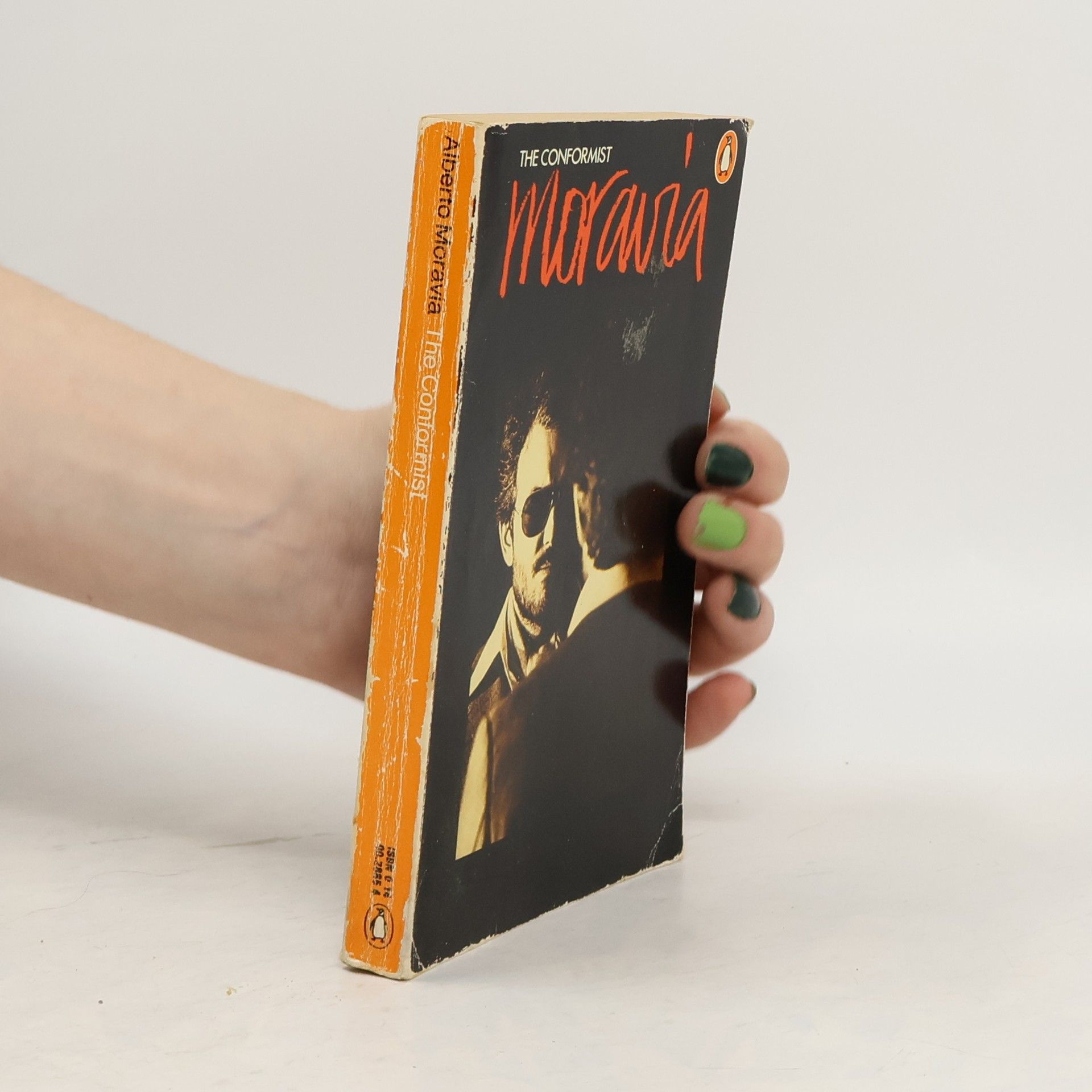
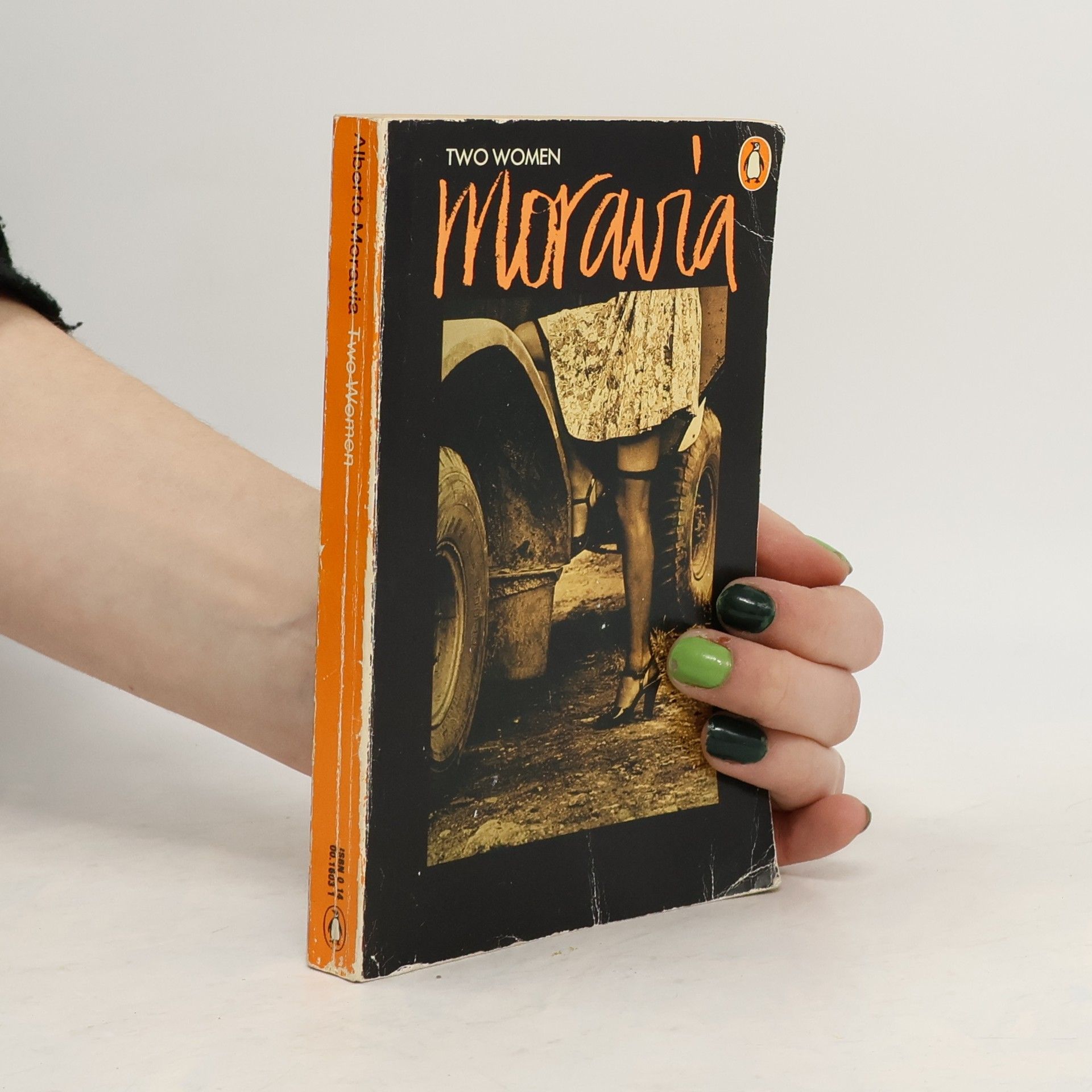

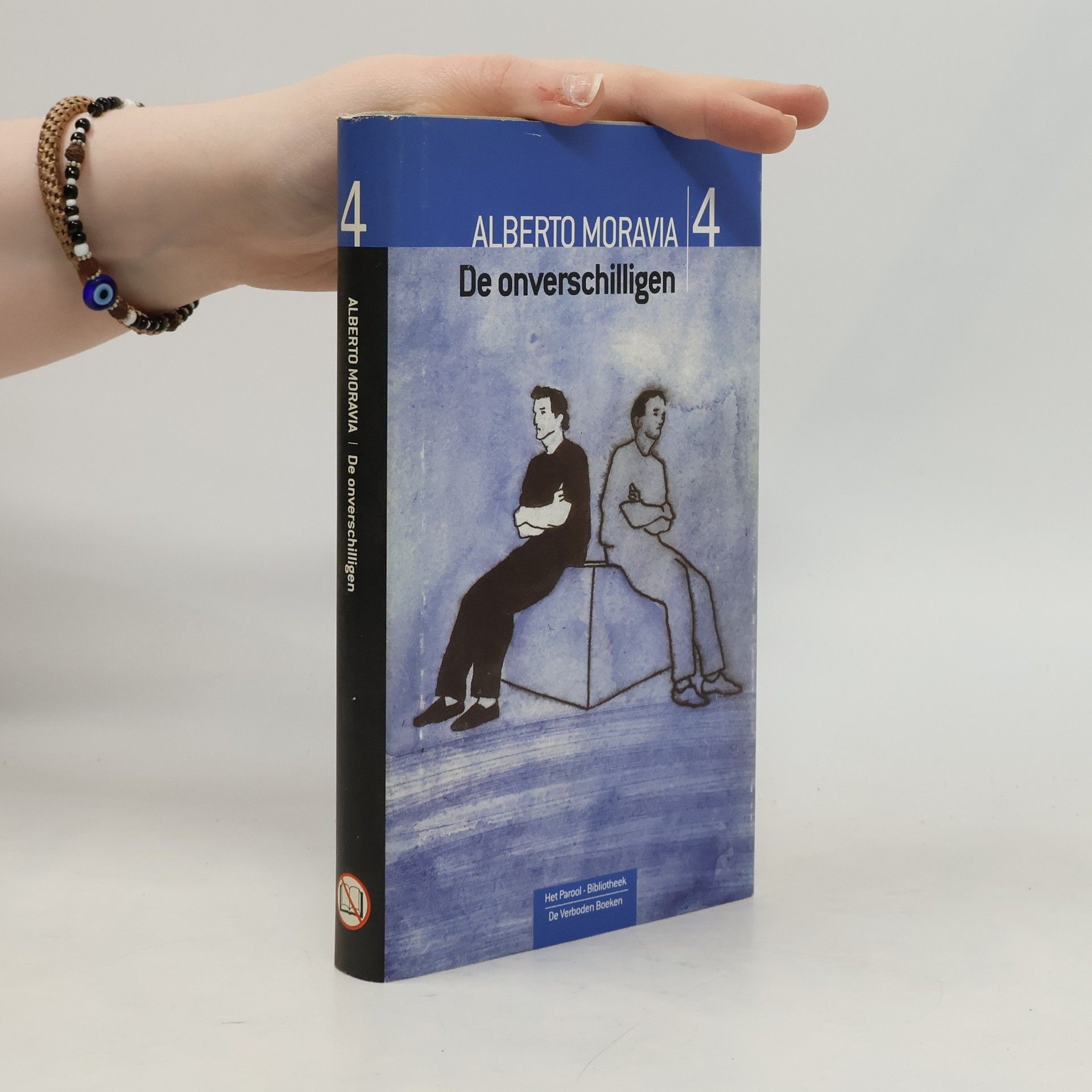
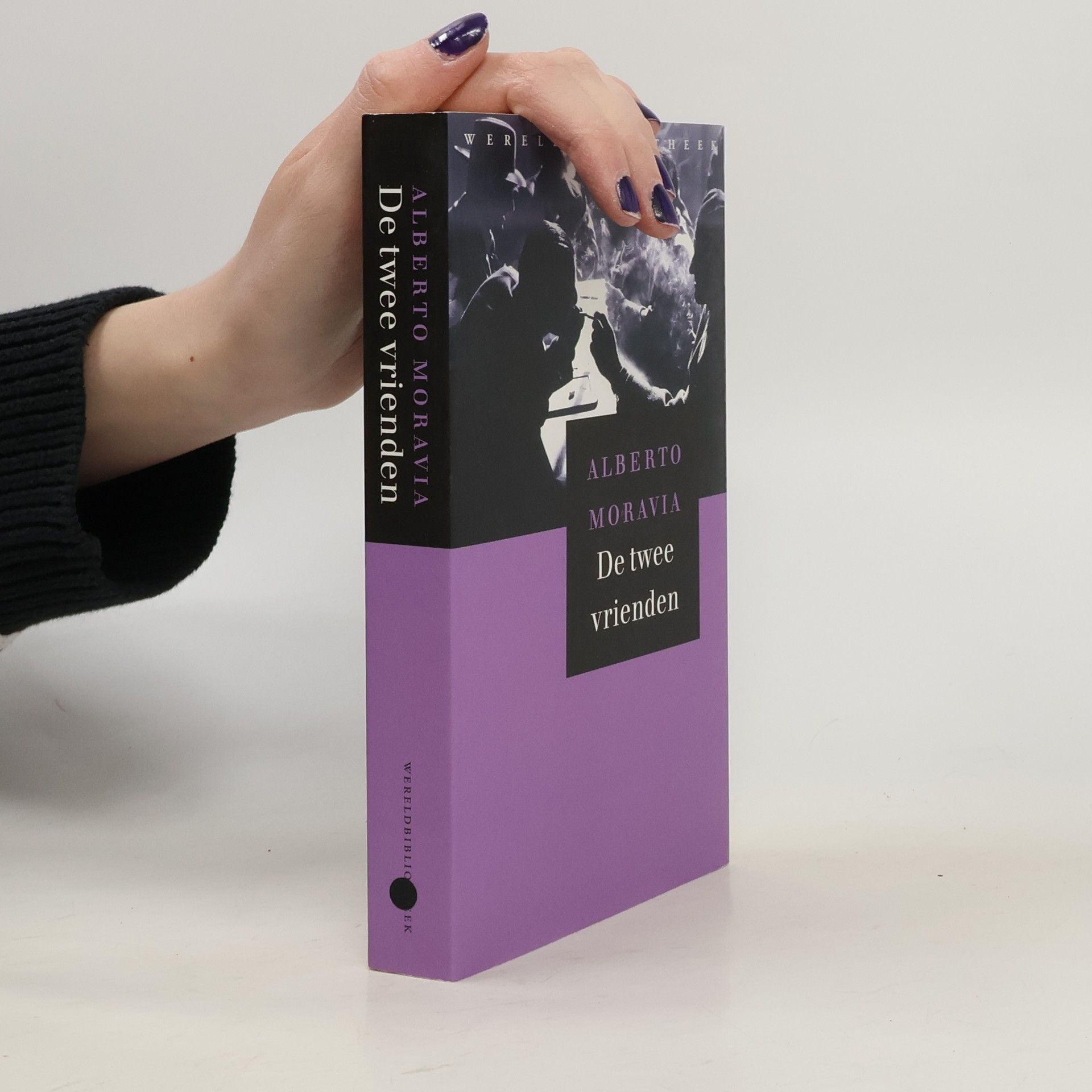
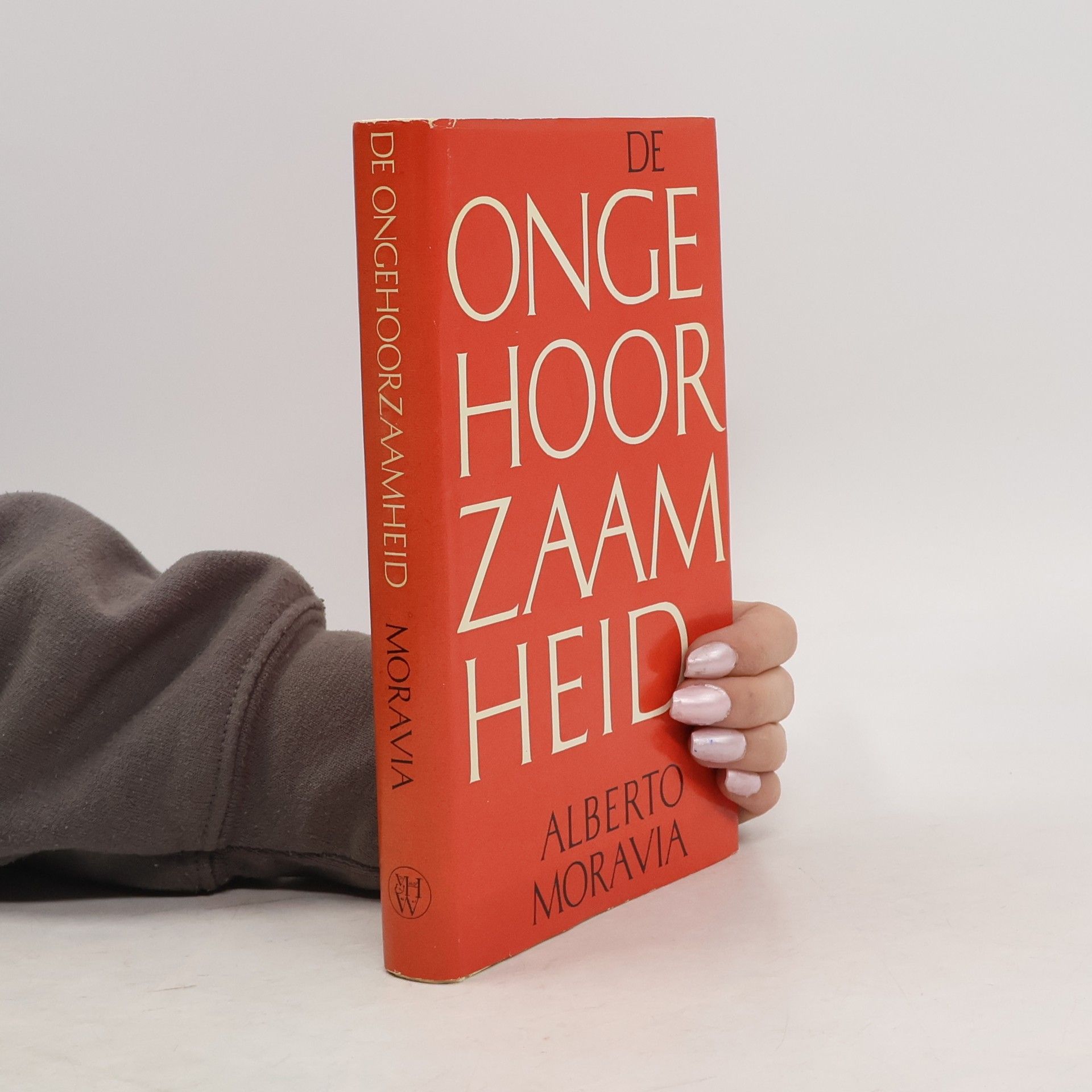
De twee vrienden
- 287bladzijden
- 11 uur lezen
In this set of novellas, a few facts are constant. Sergio is a young intellectual, poor and proud of his new membership in the Communist Party. Maurizio is handsome, rich, successful with women, and morally ambiguous. Sergio’s young, sensual lover becomes collateral damage in the struggle between these two men. All three of these unfinished stories, found packed in a suitcase after Alberto Moravia’s death, share this narrative premise. But from there, each story unfolds in a unique way. The first patiently explores the slow unfurling of Sergio’s resentment toward Maurizio. The second reveals the calculated bargain Maurizio offers in exchange for his conversion to Sergio’s beloved Communism. And the third switches dramatically to the first person, laying bare Sergio’s conflicted soul. Anyone interested in literature will relish the opportunity to watch Moravia at work, tinkering with his story and working at it from three unique perspectives.
Het Parool - Bibliotheek - 4: De onverschilligen
- 255bladzijden
- 9 uur lezen
De onverschilligen verhaalt drie dagen uit het leven van een gezin in Rome dat erin slaagt de indruk te wekken welgesteld te zijn, terwijl het aan de rand van de armoede leeft. De onderlinge verhoudingen worden gekenmerkt door een gebrek aan communicatie, het onvermogen zich te uiten, egoïsme en berekening. Als de familieleden zich langzaam bewust worden van zichzelf en hun omstandigheden, worden ze apathisch en zijn ze niet meer tot handelen in staat. Hun leven verwordt tot wanhoop, escapisme, paniek. Onderhuids is de roman een scherpe aanval op de Italiaanse middenklasse aan de vooravond van het fascisme, en De onverschilligen veroorzaakte in het kleingeestige Italië van de jaren twintig en dertig dan ook een schandaal. De boeken van Alberto Moravia, ook De onverschilligen, waren tijdens het fascistische regime verboden.
Two Women
- 339bladzijden
- 12 uur lezen
FIRST PUBLISHED in English in 1958, Two Women is a compassionate yet forthright narrative of simple people struggling to survive in war. The two women are Cesira, a widowed Roman shopkeeper, and her daughter Rosetta, a naive teenager of haunting beauty and devout faith. When the German occupation of Rome becomes imminent, Cesira packs a few provisions, sews her life savings into the seams of her dress, and flees with Rosetta to her native province of Ciociara, a poor, mountainous region south of Rome. Cesira's currency soon loses its value, and a vicious barter economy, fraught with shifty traffickers and thieves, emerges among the mountain peasants and refugees. Mother and daughter endure nine months of hunger, cold, and filth as they await the arrival of the Allied forces. Cesira scarcely cares who wins the war, so long as victory comes soon and brings with it a return to her quiet shopkeeper's life. Instead, the Liberation brings tragedy. While heading back to Rome the pair are attacked by a group of Allied Moroccan soldiers, who rape Rosetta and beat Cesira unconscious. This act of violence and its resulting loss of innocence so embitters Rosetta that she falls numbly into a life of prostitution. Throughout these hardships Moravia offers up an intimate portrayal of the anguish and destruction wrought by war, both on the battlefield and upon those far from the fray.
The Conformist
- 301bladzijden
- 11 uur lezen
SECRECY AND SILENCE are second nature to Marcello Clerici, the hero of The Conformist, a book which made Alberto Moravia one of the world's most read postwar writers. Clerici is a man with everything under control - a wife who loves him, colleagues who respect him, the hidden power that comes with his secret work for the Italian political police during the Mussolini years. But then he is assigned to kill his former professor, now in exile, to demonstrate his loyalty to the Fascist state, and falls in love with a strange, compelling woman; his life is torn open - and with it the corrupt heart of Fascism. Moravia equates the rise of Italian Fascism with the psychological needs of his protagonist for whom conformity becomes an obsession in a life that has included parental neglect, an oddly self-conscious desire to engage in cruel acts, and a type of male beauty which, to Clerici's great distress, other men find attractive. "Moravia brings to light the devil in the flesh and in the psyche." - - The Atlantic Monthly
Dino, a failed artist consumed by boredom, finds his life revitalized in an obsession with a young model, whose life he tries unsuccessfully to control.
Agostino
- 111bladzijden
- 4 uur lezen
Thirteen-year-old Agostino is spending the summer at a Tuscan seaside resort with his beautiful widowed mother. When she takes up with a cocksure new companion, Agostino, feeling ignored and unloved, begins hanging around with a group of local young toughs. Though repelled by their squalor and brutality, and repeatedly humiliated for his weakness and ignorance when it comes to women and sex, the boy is increasingly, masochistically drawn to the gang and its rough games. He finds himself unable to make sense of his troubled feelings. Hoping to be full of manly calm, he is instead beset by guilty curiosity and an urgent desire to sever, at any cost, the thread of troubled sensuality that binds him to his mother. Alberto Moravia’s classic, startling portrait of innocence lost was written in 1942 but rejected by Fascist censors and not published until 1944, when it became a best seller and secured the author the first literary prize of his career. Revived here in a new translation by Michael F. Moore, Agostino is poised to captivate a twenty-first-century audience.
To begin with I’d like to talk about my wife. To love means, in addition to many other things, to delight in gazing upon and observing the beloved.--From Conjugal LoveWhen Silvio, a rich Italian dilettante, and his beautiful wife agree to move to the country and forgo sex so that he will have the energy to write a successful novel, something is bound to go Silvio’s literary ambitions are far too big for his second-rate talent, and his wife Leda is a passionate woman. This dangerously combustible situation is set off when Leda accuses Antonio, the local barber who comes every morning to shave Silvio, of trying to molest her. Silvio obstinately refuses to dismiss him, and the quarrel and its shattering consequences put the couple’s love to the test.
Erotic Tales
- 192bladzijden
- 7 uur lezen
This collection of erotic short stories examines human desire and explores the boundaries between reality and fantasy. The stories explore Freudian obsessions, the innocence of youth, frustration and man's addiction to success. The author has also written The Woman of Rome.



